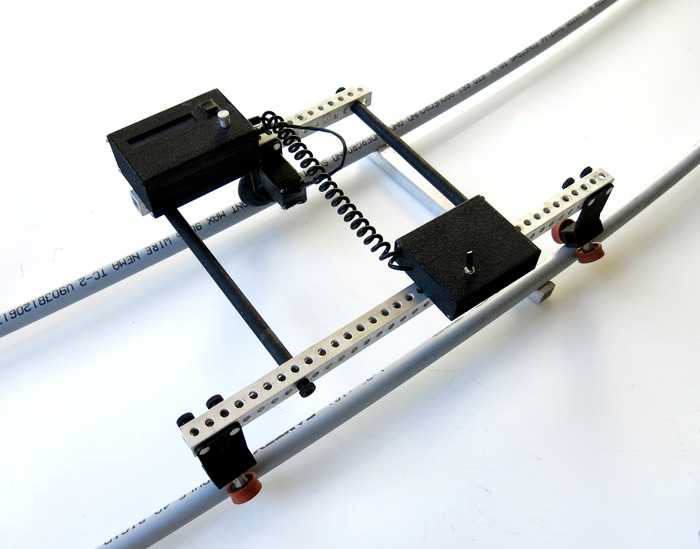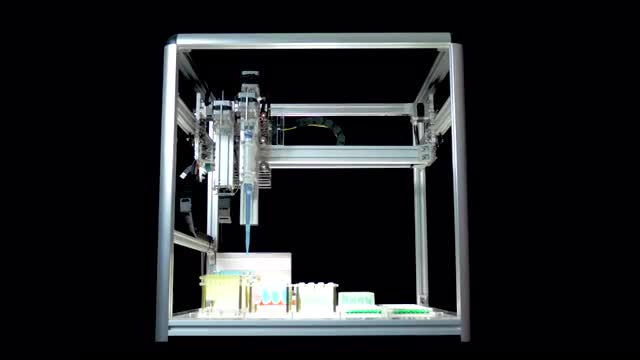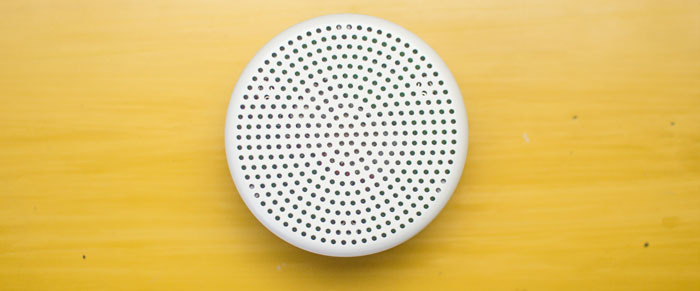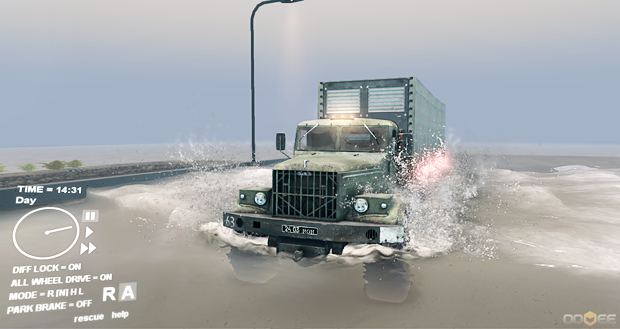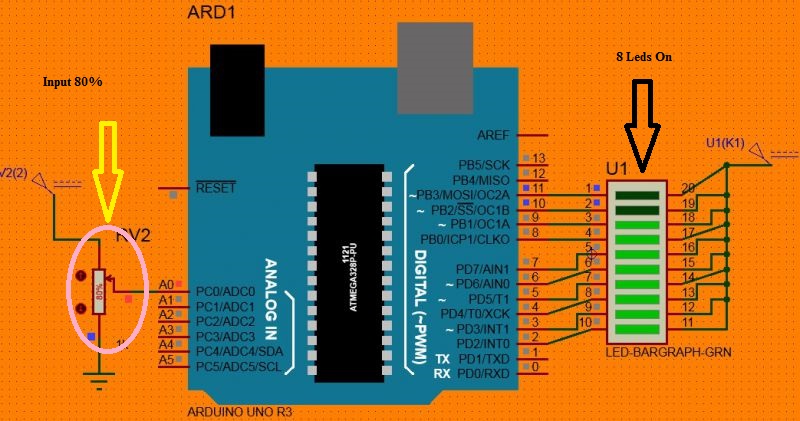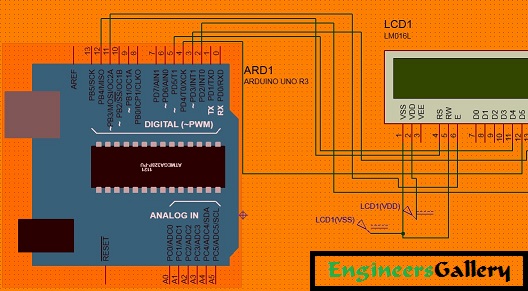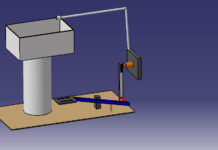Charlotte: A 3-in-1 motorized dolly including a cable, wheel and rail dolly that lets you create beautiful time lapses and live action videos.
The Three Dollies
Charlotte Motion Control is a camera dolly system that allows photographers and filmmakers to expand their motion control capabilities. I wanted to make a modular dolly system that would be portable and versatile. The components can be configured to make three types of camera dollies: a cable dolly, a rail dolly and a wheeled dolly. Each of these have their own strengths. The cable dolly is amazing in its ability to take the camera through spaces that would otherwise be very difficult to move through. The rail dolly allows very precise stable shots on a platform that can be set up quickly. The wheeled dolly allows arced or straight shots over any smooth surface.
Cable Dolly

The cable dolly is really what inspired me to take on this project. Something about the idea of sending a camera alone through space and retrieving the images it captured along the way has always captivated me. The first videos I shot using home depot pulley wheels and a camcorder were shaky and noisy so I started incrementally making improvements. I eliminated noise and vibration by turning my own aluminum wheels on a lathe. I stabilized the camera platform by creating a twin cable arrangement that can be tensioned using a ratchet. I then added a motor and controller to capture both time-lapse and real-time film.
Motor and Controller
The brains and muscle of Charlotte are provided by a controller box and a stepper motor. To program the controller you enter in the total run time, total distance and number of exposures for your time lapse. The controller then calculates and displays the speed and shutter interval. The Charlotte controller brings a new level of precision to time-lapse. It combines motion control with shutter control. You can run test shots at a faster speed and make adjustments before you run the final shot. If you want to make a change to one of the parameters you can, and the others will be recalculated. The motor and controller can operate at very slow speeds for time-lapse and faster for real-time. This is one of the advantages of the stepper motor. While other dollies that use dc gear motors require you to switch between motors for time-lapse and real-time, the motor that’s included with the Charlotte dolly is capable of speeds from 0 to 40 ft per minute. This means you can reliably capture very slow things like plant growth and fast things like a person walking in the same package.
Modular System
The dolly was built to be flexible so that it can be adapted to field conditions. Three sets of wheels are included which can be switched out to make the cable dolly, rail dolly and wheel dolly. The fasteners are all hand tightened to make field assembly easy. You never have to worry about forgetting the screwdriver. Another advantage of this system is that the dolly is very compact when it’s disassembled. The whole dolly can easily fit into a backpack.

Rails
One of the biggest disadvantages of typical slider rails is that as the length increases they become prohibitively difficult to transport. I wanted to offer a solution that would allow film makers to travel anywhere and not worry about lugging a six foot rail. With this system all you need to carry are the rail cross-bars, then purchase conduit or pipe which are ubiquitous and inexpensive. These pipes can be purchased in any length on location and connected with self drilling screws. Flexible conduit can also be used to make gentle arcs and S curves. All you need is a screwdriver. The crossbars have a threaded hole to mount to a standard tripod.
Wheels

One of the lessons I learned early in the project was that when it comes to wheels, precision matters. I have searched unsuccessfully at the local big box stores and online for pulley wheels that would be precise enough to capture smooth video without noise and wobble. The wheels included with each kit are machined from aluminum individually and mounted on a precision ball bearing. You can’t find a wheel with close to these tolerances for under $100.
Rewards
Complete Charlotte Dolly System $1,300
This reward comes with everything. You get the components to create a cable dolly, rail dolly and wheeled dolly.

Complete Cable Dolly System $1,100
This kit is for those that just want the cable dolly.

Rail and Wheel Dollies with Motor and Controller $850
This kit includes both the Wheel and Rail dollies along with the stepper motor, controller box and battery pack. This gives you the capability to record timelapses and realtime film with precision motor control.




Rail and Wheel Dolly for Real-time Film $350
This package includes the components for both the wheel dolly and the rail dolly. It includes six aluminum cross-bars that when combined with conduit or pipe allow you to field assemble a rail of any length. By using flexible conduit you can make curved rails.


Free Wheel Dolly Kit $225

This is a portable, lightweight wheel dolly for real time film. It includes two fixed wheels and one pivoting wheel that lets you accurately set up arced shots.
Glide-Line Kit $225

If you want to capture live action with smooth, fluid camera movement without heavy, expensive equipment this is the kit for you. The Free-Line kit is so incredibly light and compact you would never hesitate to bring it along. Whether gliding through a forest or over a river there’s almost no-where this dolly can’t go. Kit includes enough low-stretch string to span 100ft. The capabilities are endless.
Cable System
The cable dolly runs on two parallel cables that are tensioned using a ratchet tensioner. The two cable arrangement prevents the dolly from moving in windy environments. The cable is tensioned between two terminals so that it runs in a single loop with the tension equalized between the top and bottom cable. This creates an incredibly rigid system that can span distances of up to 100 feet.
I want to thank the following people for helping to make this project what it is.
Lea Elleseff and Danila Apasov for many long hours spent editing the video and organizing the campaign. Dounan Hu and Peter Weisz for programming the controller. John Stanmeyer for encouraging me and sharing his vast photographic expertise which guided the project to where it needed to be.

